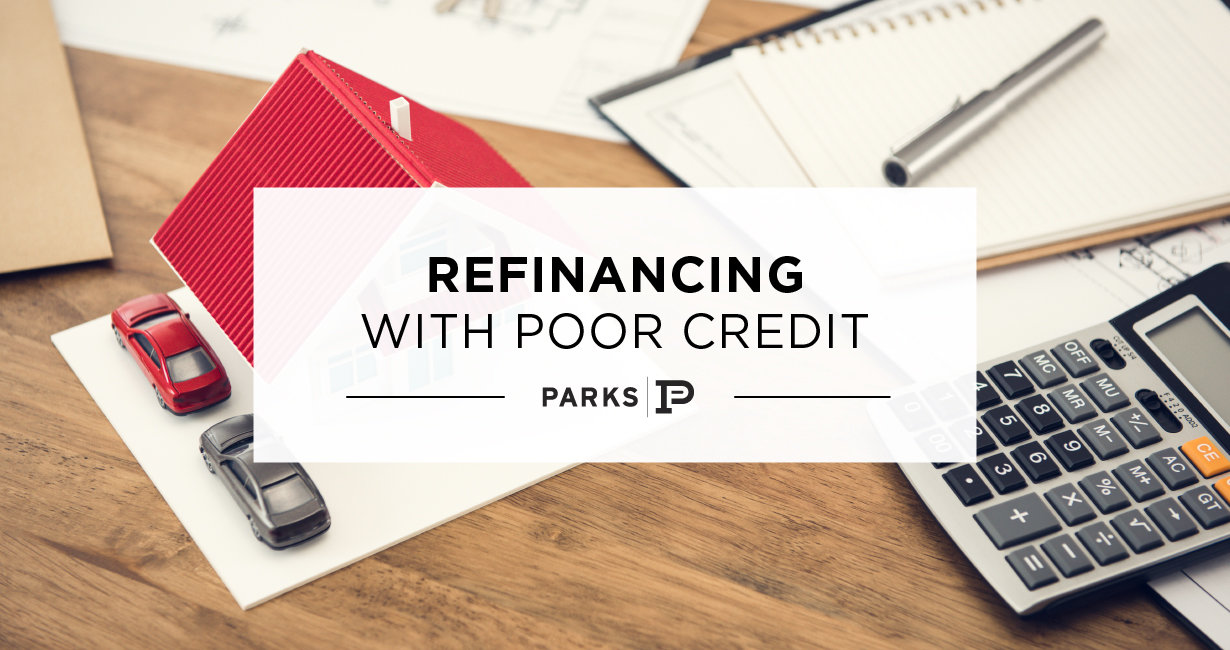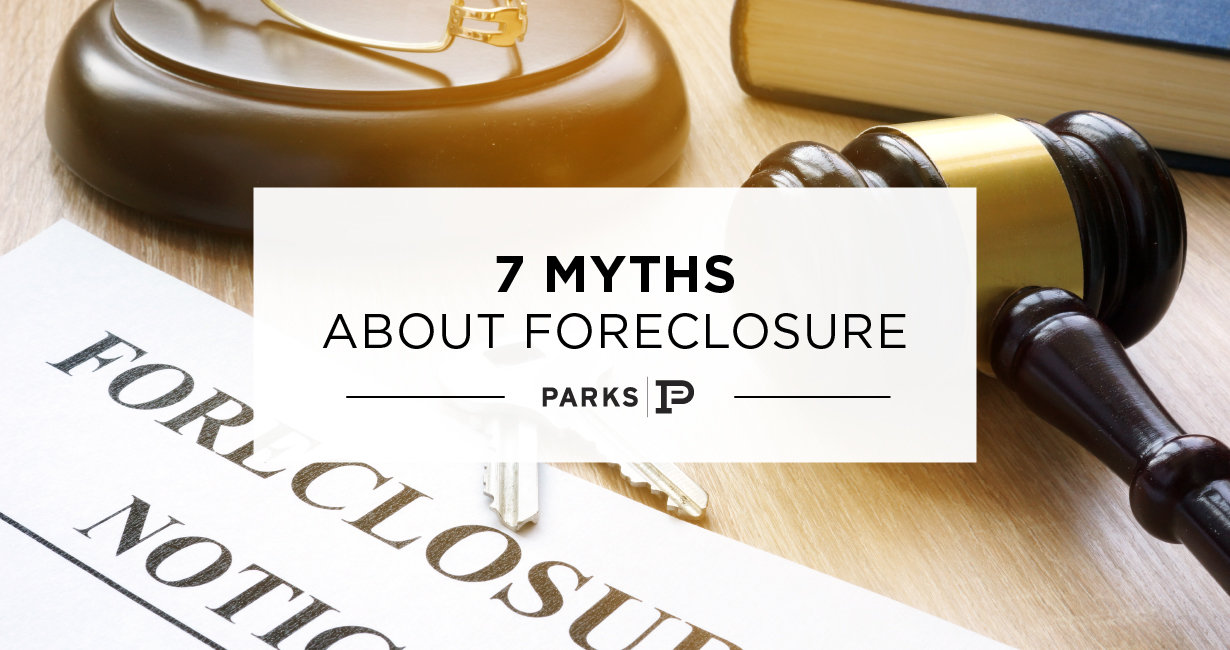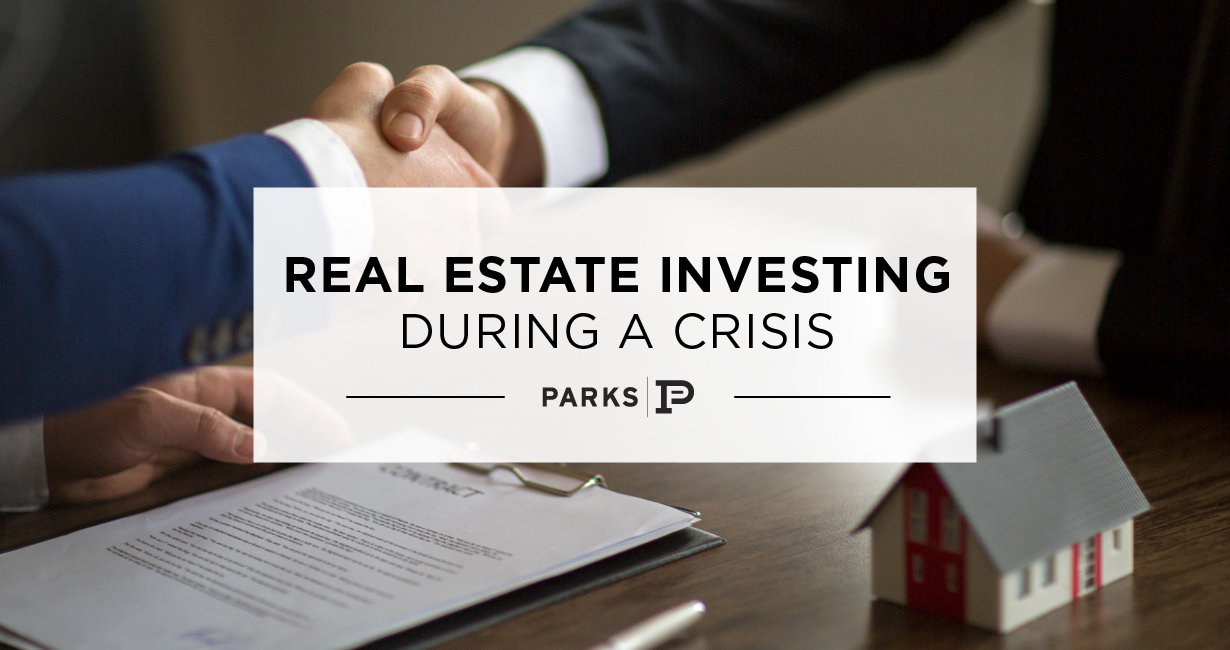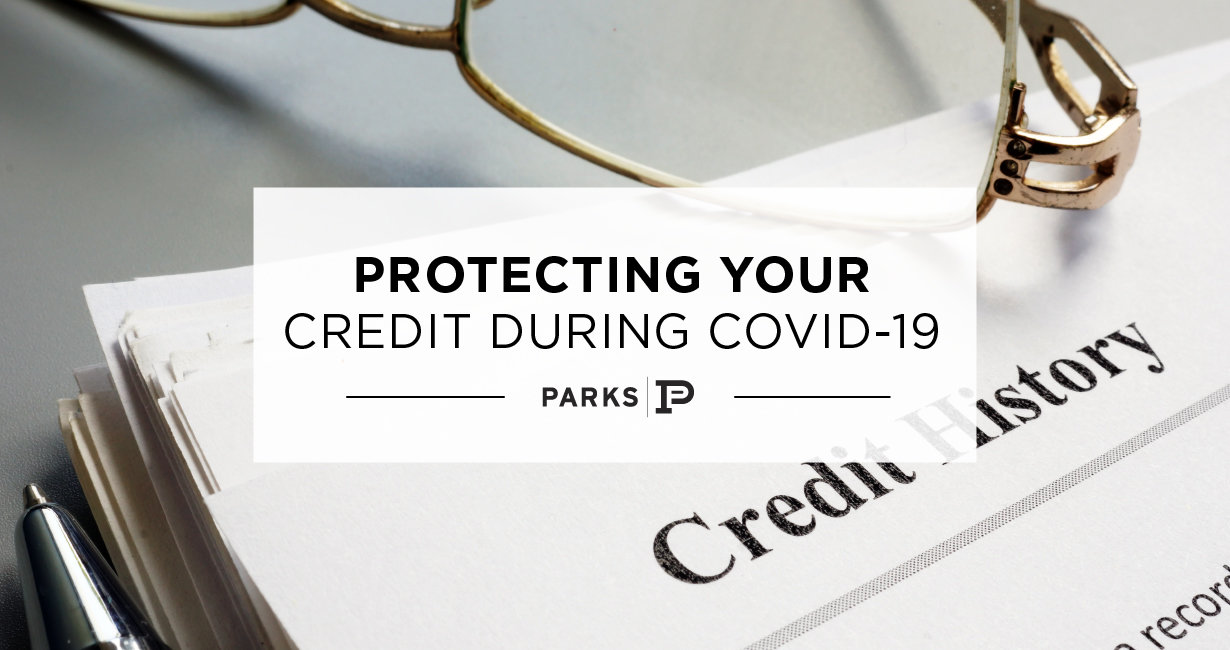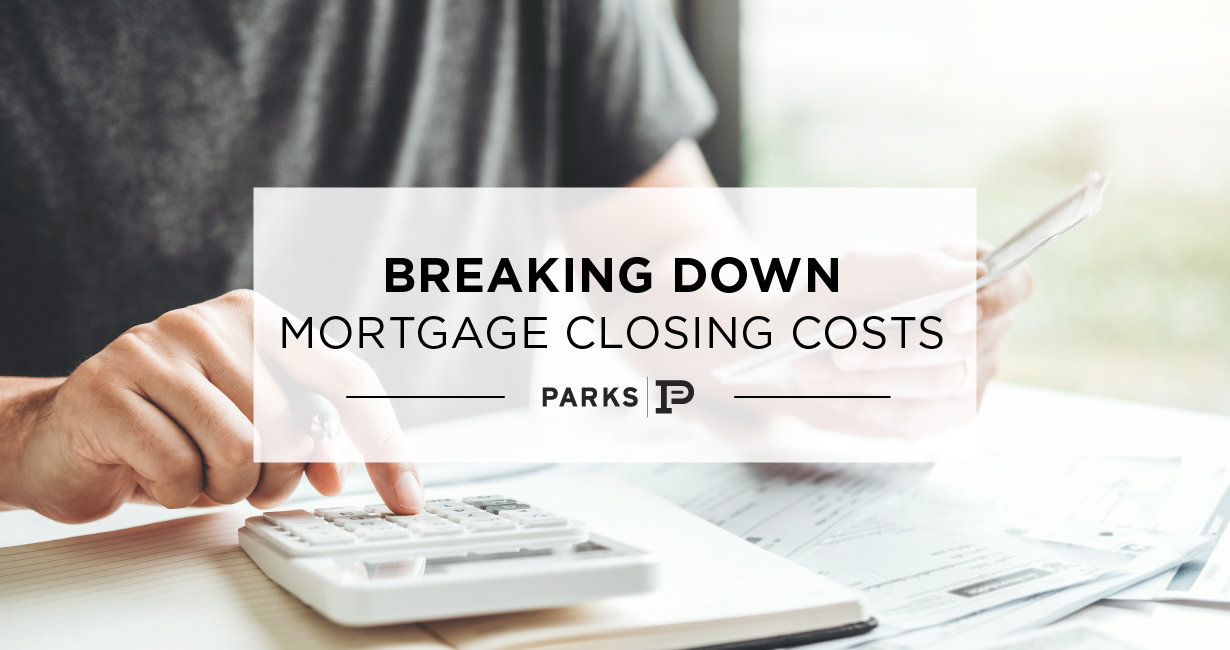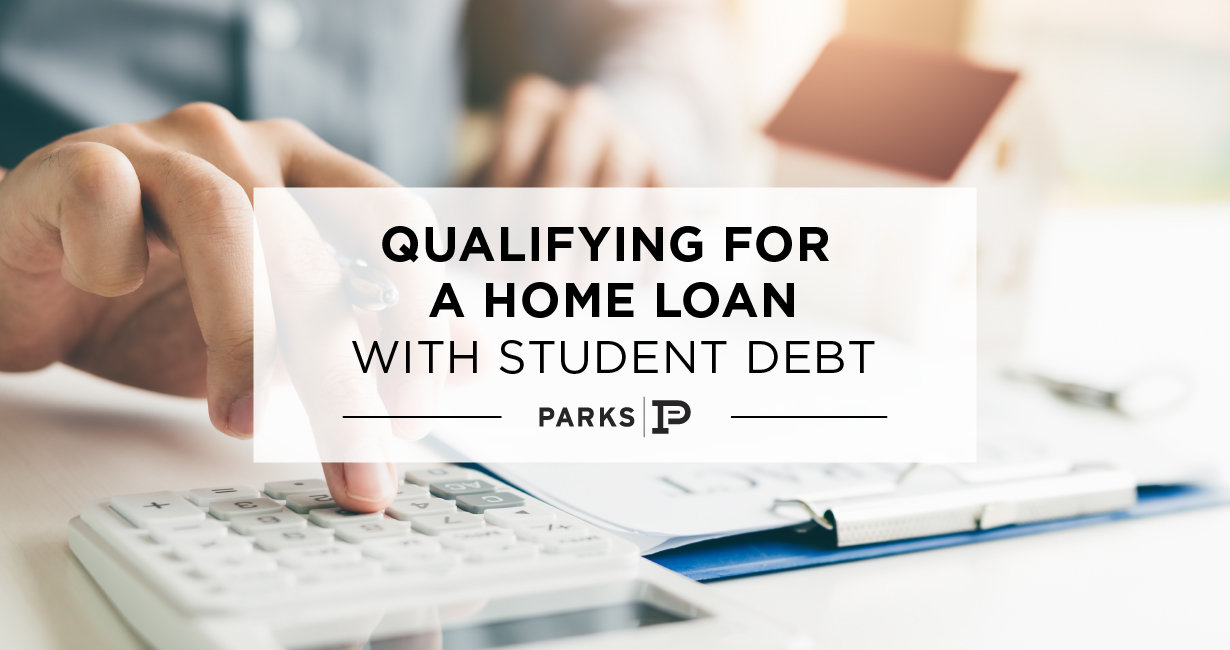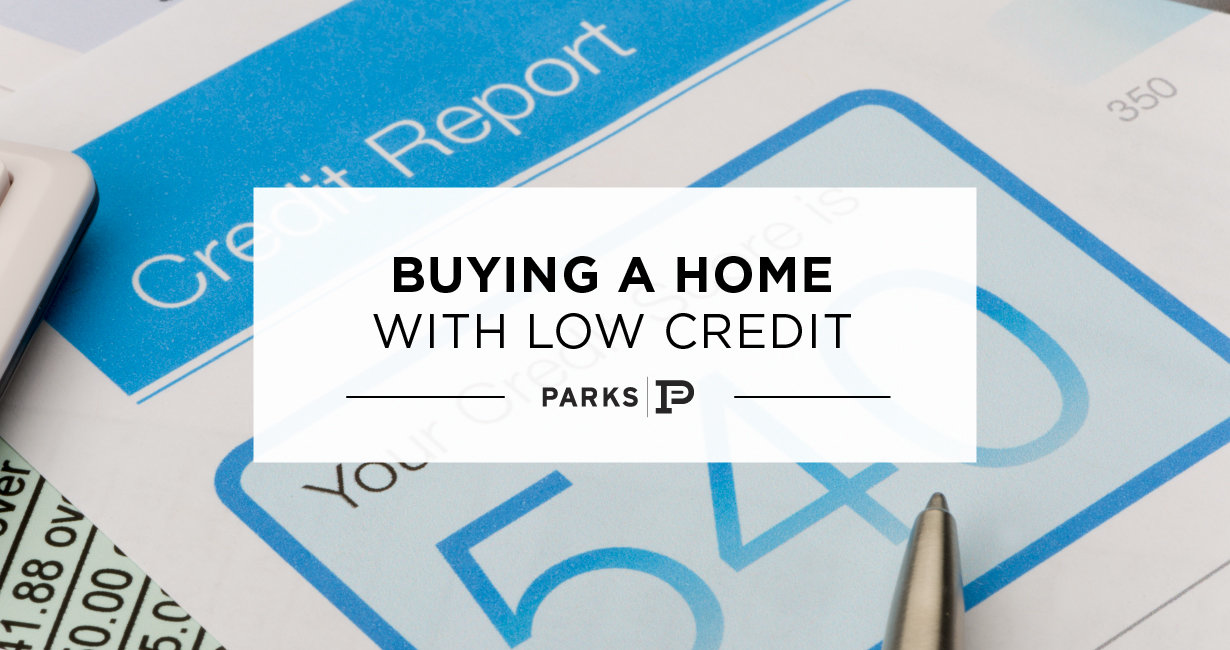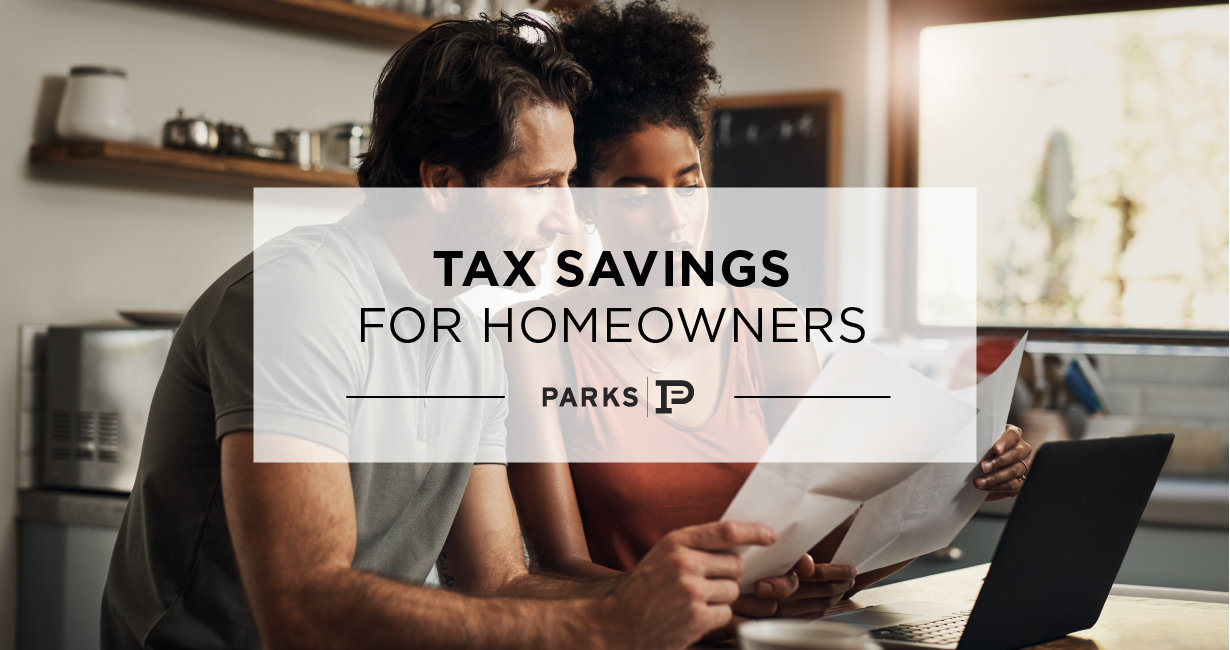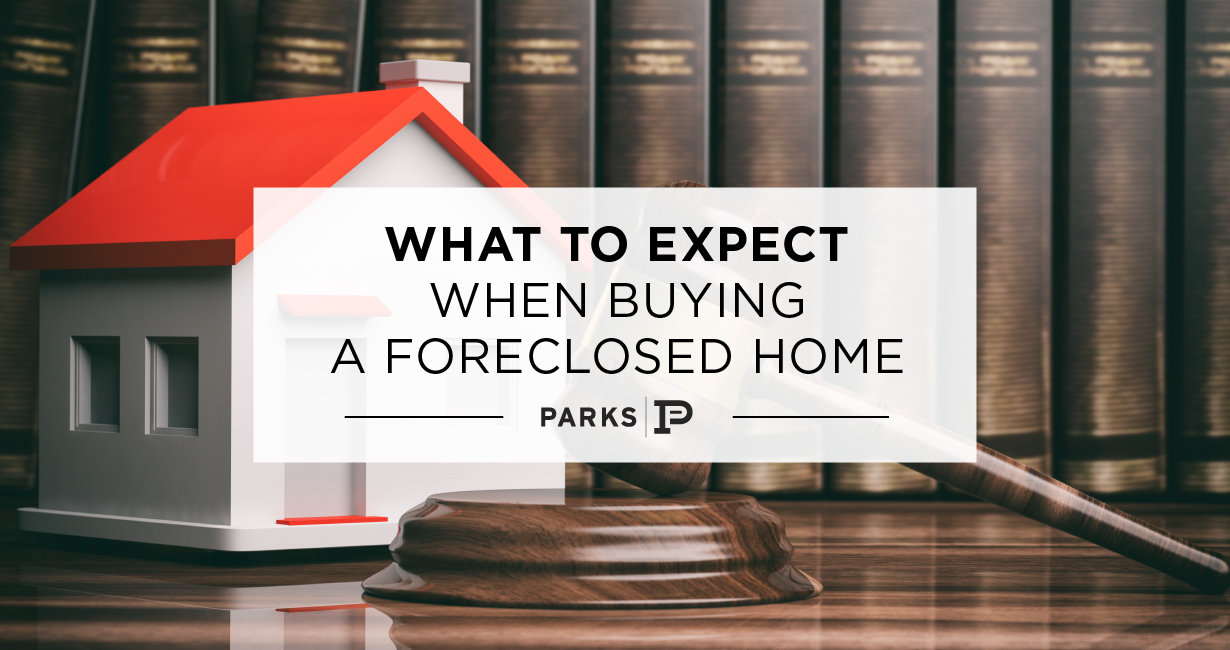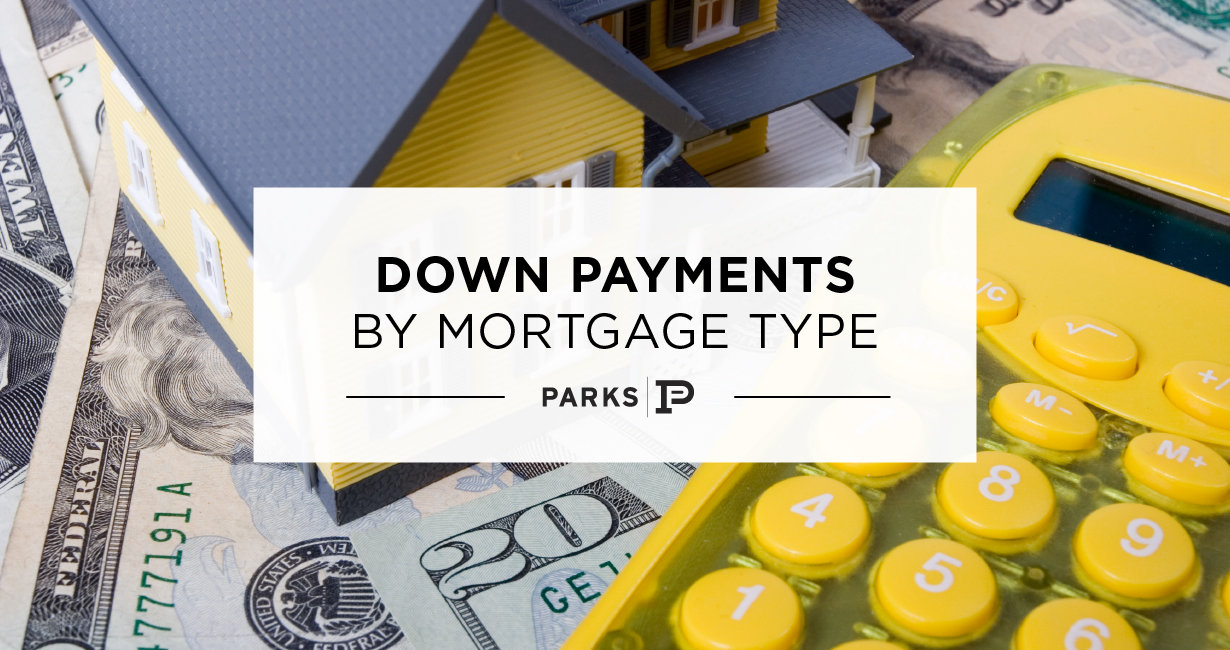
Thinking about buying a first home or a second? You have many loan options, and each one varies as far as their down payment requirements. Use this quick guide to get an idea of the amount you'll need to put down on your next purchase.
Is 20% Down Always Necessary to Buy a Home?
The down payment refers to the monies you'll put down during the mortgage closing, and it's often expressed as a percentage of the property price. For example, 20% down on a $200,000 home means paying $40,000 at closing.
20% down can make homeownership feel too out of reach. But take heart, very few loan programs are firm about needing 20% at closing. You can even get a conventional mortgage with as little as 3% down! Read on to learn more.
**Make better
…